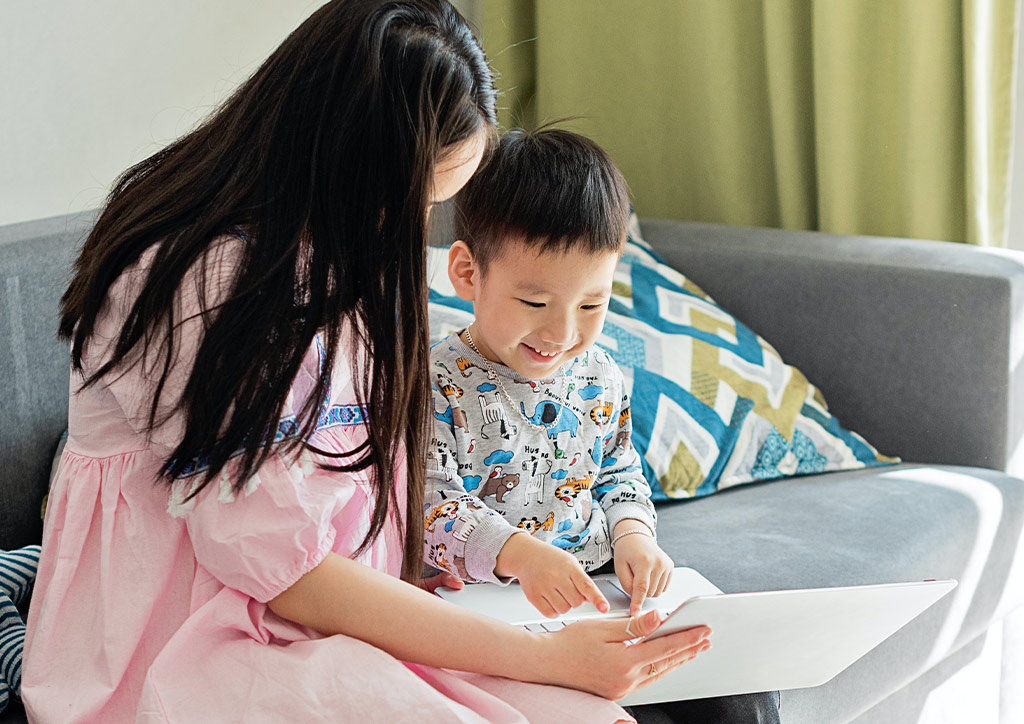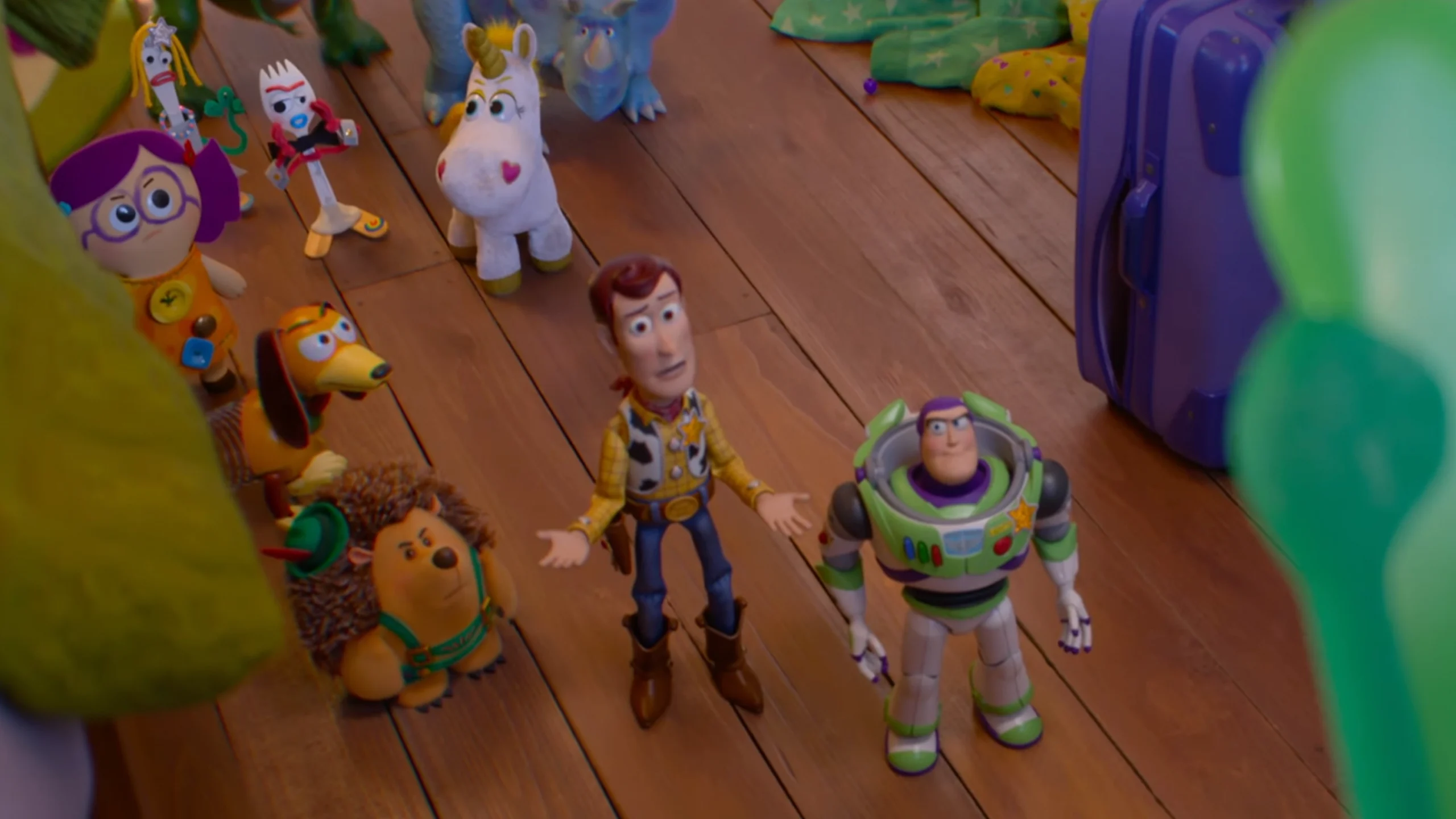What is Mother Tongue And How Does It Affect Our Kids’ Learning?
There’s been a bit of a debate on what language of instruction teachers should use and mother tongue gets mentioned often.
The official meaning of Mother Tongue is one’s native language, also commonly referred to as the language one grew up with at home. Unfortunately, it gets problematic for schools because not all kids grew up speaking English or Tagalog. Some grew up speaking Cebuano or Hiligaynon (Ilonggo). Meanwhile, some Filipino-Chinese children grew up speaking Mandarin. How does this affect the way our kids learn?
Understanding Language Development in Children
Linguist Noam Chomsky proposed in 1957 that all human beings may be born with an innate understanding of how language works. Babies and children pick up what we say, especially when exposed long enough. Besides noticing our body language and the tones in our voices, our children will learn what certain words mean based on their outcomes and reactions to them.
He also shared that when we’re young, we do have an idea of what grammar is like even though we don’t actually have the terms for it. This is why children are considered “global citizens” and why, with enough practice, can easily learn languages. We lose that ability as we grow older because our brains begin to prune and remove knowledge we barely use. It’s the same way we clean up our hard drives or computers of files we no longer use.

How Do Our Brains Work in Processing Languages?
The human mind is always looking for associations and will use the Mother Tongue as a basis. Some languages share the same grammar structure as others and the mind will always try to translate back and forth between our Mother Tongue and the foreign language we just heard. Unfortunately, translations can be quite crude especially when the similarity of certain words isn’t as obvious. Added that there are accents and rhythms, learning these languages can be quite difficult, especially without continued practice and use.
How Is Mother Tongue Currently Problematic in the Philippines?
The Philippines has over 120 languages, some of which are exclusive to the tribes in the different parts of the country. Some of these languages have dialects of their own which are more specific to the people living in the area, making it possible to have at least 120 different Mother Tongues. Numbers alone have made it a constant debate on what language the school should use to teach. Another is that some languages may not have a direct translation of a word. Words like xerox, bully, and awkward don’t have direct one-word translations.
Teaching Kids in Various Languages is Tough but Possible
There are different ways to teach kids various languages and make their Mother Tongue more adaptive. Here are some pretty cool ways to do so:
1. Hold back our biases towards a language.
Some of us may have biases due to its practicality, use, or even the way it sounds. But what we sometimes forget is some languages can serve as a basis to learn another language. For example, some characters in Chinese are similar to Japanese. Spanish and Tagalog share a few terms, too. So it helps to know at least the basics.
2. Try learning the language yourself!
Call it bonding time with your kids and you can even call it your “secret language” together. Children are able to hold onto the language longer and develop better empathy and comprehension when they have a partner to practice with. If there’s no native speaker within range, it’s fun to learn as both beginners.
3. Don’t shame or joke about their mistakes in grammar.
We all started out sounding funny when learning a new language, giving us no right to joke or shame our kids when they make a mistake. This is also why some Filipinos would rather shame English speakers because some English speakers have been known to laugh or shame them for their attempts to speak English because their accent is off.
4. Allow different kinds of media.
Kids can learn Japanese from watching anime and some of us learned Chinese by haggling in 168 or Korean from watching all the K-Dramas during the pandemic. People often learn languages the best not just from books but from watching people use them as well. Of course, it goes without saying to make sure that the media they’re learning from is age-appropriate.

Making Their Use of the Mother Tongue More Flexible
Although it’s good to stick to one language of instruction, that doesn’t mean closing our kids’ minds off to other languages. We can’t judge what language sounds “better” or what’s the best language to learn. Knowledge is still knowledge and in a world that’s constantly evolving, that’s something our kids are going to need in order to survive.
More about kids learning:
How To Make Hybrid Learning Easy For Your Kids
What To Do When Your Child Hates Online Learning
Traditional vs. Progressive Schools: Which is Best for Your Child?









